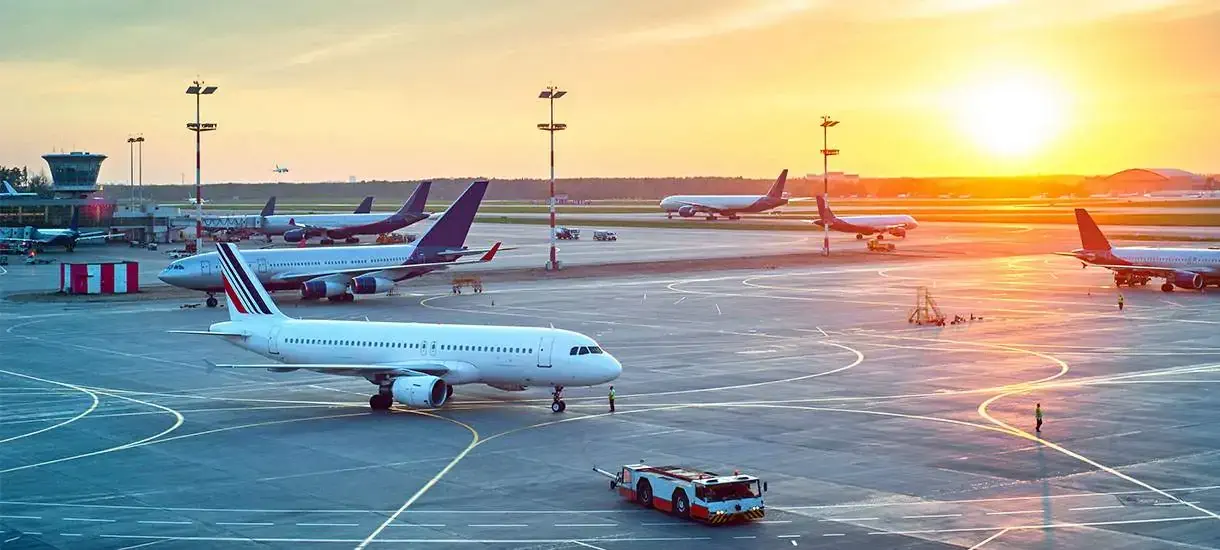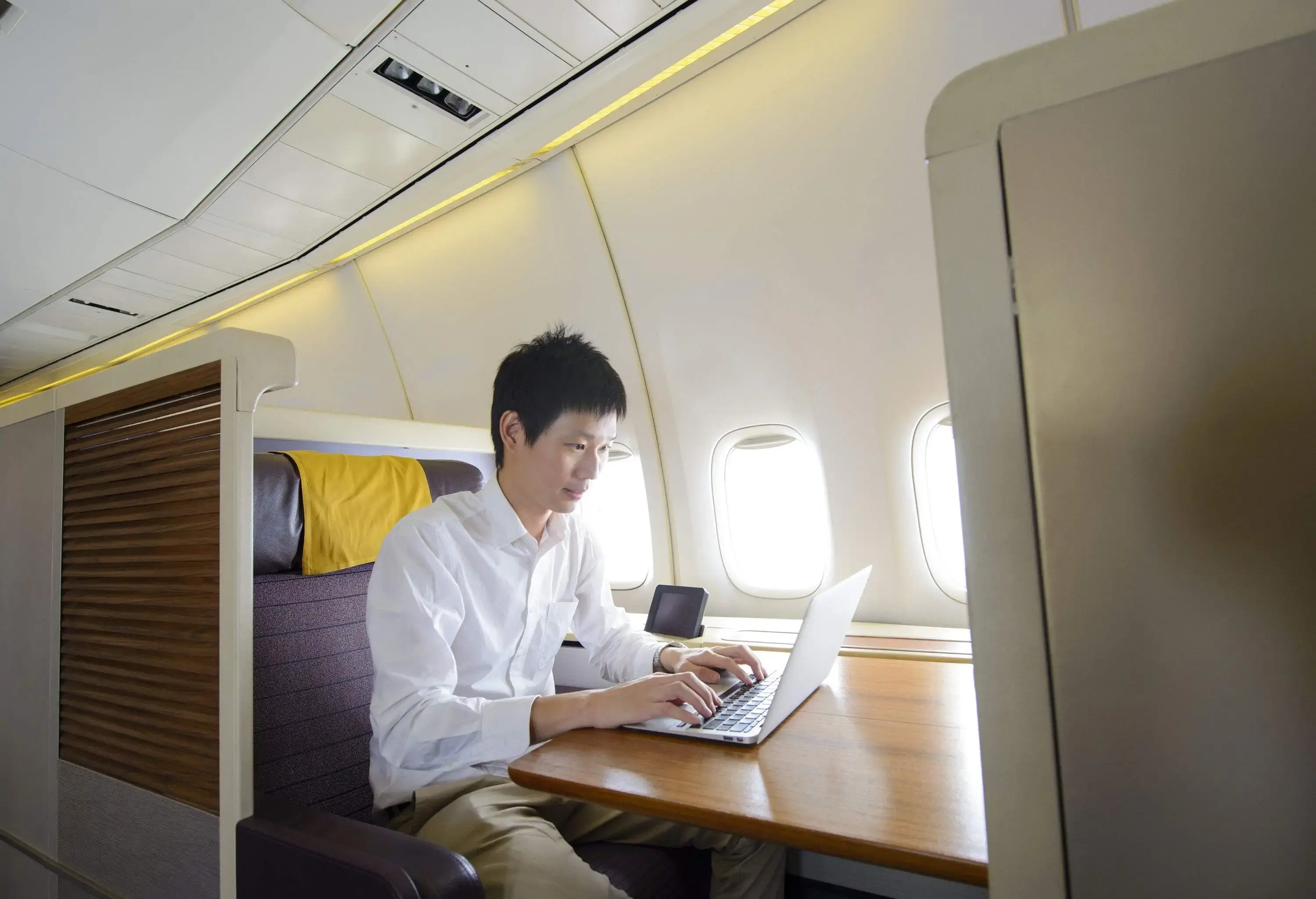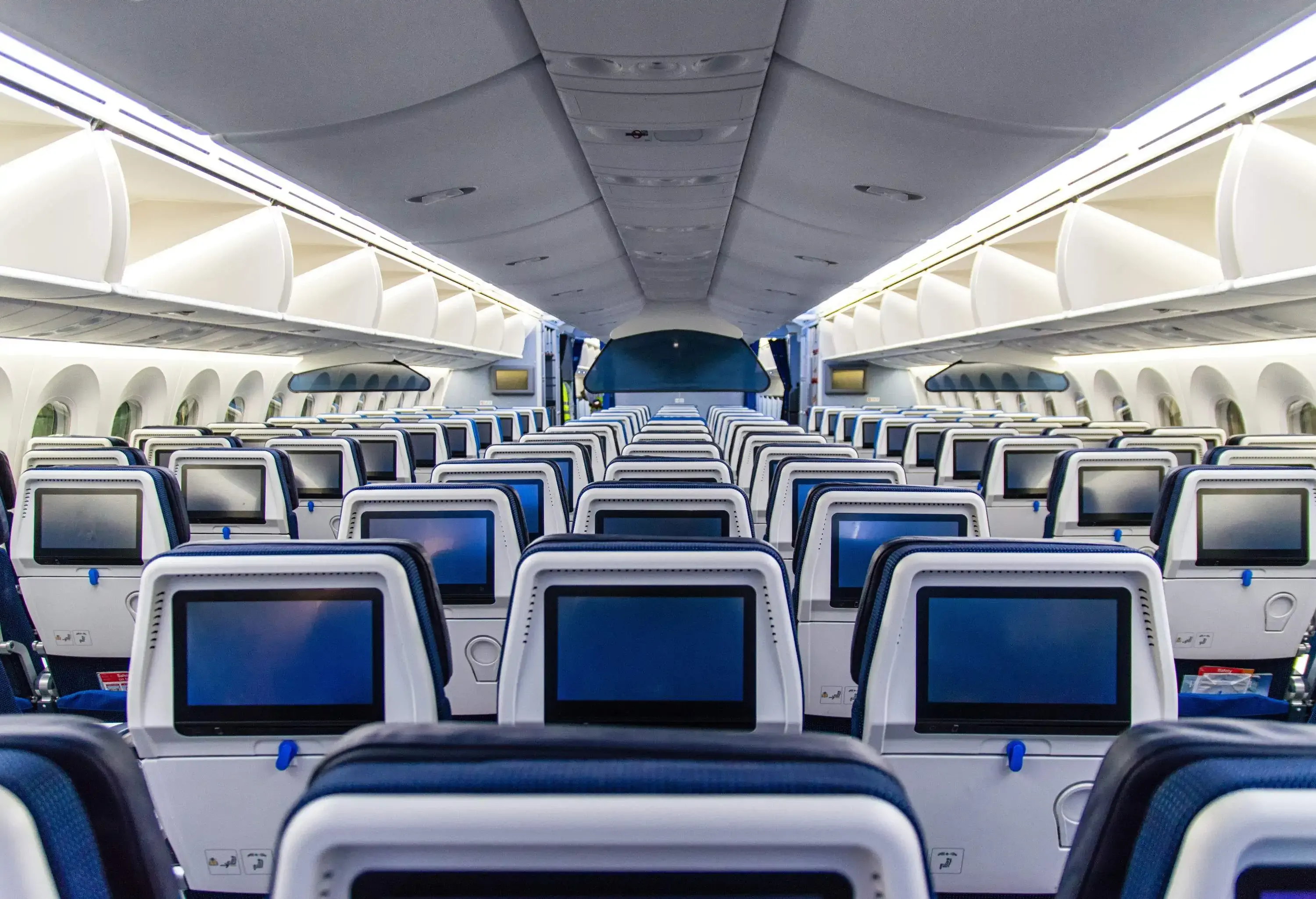As many of us have seized the opportunity to travel this past summer, it’s become apparent that the flight industry is doing its best to keep up. But with weather delays and staffing shortages, many travelers have encountered flight delays and cancelations. What’s an eager traveler to do if the only thing standing between you and your long-awaited trip is a finicky flight? Keep your cool and follow this checklist to figure out your next steps:
1. Get the details.
Before you make moves to rebook or cancel your flight, make sure you’re aware of the problem that caused a delay or canceled the flight in the first place. If it’s due to weather, check to see if there’s a likelihood that a rebooked flight will be compromised. It could also help to start looking for flights in the coming hours or days that probably won’t be impacted by weather-related issues.
2. Connect with your airline.
Since delays and cancelations have been pretty common the past few weeks, customer service tends to be backed up. Here are all the avenues that you should try to get ahold of an airline rep who can help you – for best results, try a couple of these methods at the same time:
- Give them a call: Check our list of airline numbers or contact your travel agency directly to see if you can connect with someone over the phone.
- Log into the app: Many airlines have a digital chat feature within their apps that can connect you with a representative. You can even wait on hold and try to chat via the app at the same time for a better chance of getting live help.
- Wait in person: If you’re still at the airport, you can wait in line at the check-in counter for someone to assist you in person.
- Try the internet: Go through the airline’s website and/or contact them through social media.
3. Find alternative routes.
If it doesn’t look like your airline will get flights off the ground anytime soon (or at all), you can fire up the Cheapflights app to see if there are alternative travel options from other providers.
4. Keep your cool.
Trust us: Don’t fly off the handle at the check-in counter. Besides it not being that person’s fault, a temper tantrum also pretty much ensures you won’t get what you want.
5. Ask for things nicely.
You get more bees with honey than vinegar, so please be respectful and calmly state your case. Feel free to emphasize the amount of time/sleep/money lost due to the cancellation. Some airlines, eager to win a loyal customer, will offer perks like upgraded seating, flight vouchers, air miles, or even a hotel stay while you wait for the next flight out. At the very least, most airlines will waive the “change fee” for rebooked travel.
6. Read up on the latest rules.
With the number of delays and cancellations that occurred after COVID travel restrictions eased, airlines have since stepped up their game to accommodate travelers that encounter flight issues. If your flight gets cancelled or delayed significantly, you could also be entitled to a refund. You can find out what kind of refund you may be entitled to by visiting the US Department of Transportation’s Airline Customer Service Dashboard.
In the past, many airlines had a “force majeure” or “acts of God” clause that allowed them to cancel or postpone a flight for weather-related reasons. Because of this, they are generally not obligated to refund you. Similarly, the site that sold you the ticket (whether you bought it from the airline itself or from an online travel agency), is generally not obligated to reimburse you. However, with the state of the travel industry being what it is right now, these clauses do not stand – so pursue that refund.
It’s also worth noting that getting travel insurance before you depart for your next trip can help offset costs that may come with these potential challenges.
7. Change or cancel other parts of your trip.
Once you have a better idea about how to resolve the issue at hand, be sure to follow-up with other travel providers like the hotel, rental car company, cruise line, or other activity providers/tours you booked for your trip. Also, keep track of who reimbursed you (and who didn’t). If anything, it’ll help determine who you use in the future.
8. Request cash.
If you don’t plan on rebooking your trip, see if you can get a cash reimbursement rather than a voucher. Vouchers can come with a host of restrictions that actually make them less convenient.
9. Notify your work.
Whether it’s your boss or your clients, be sure to contact those expecting things from you in the next several days.







